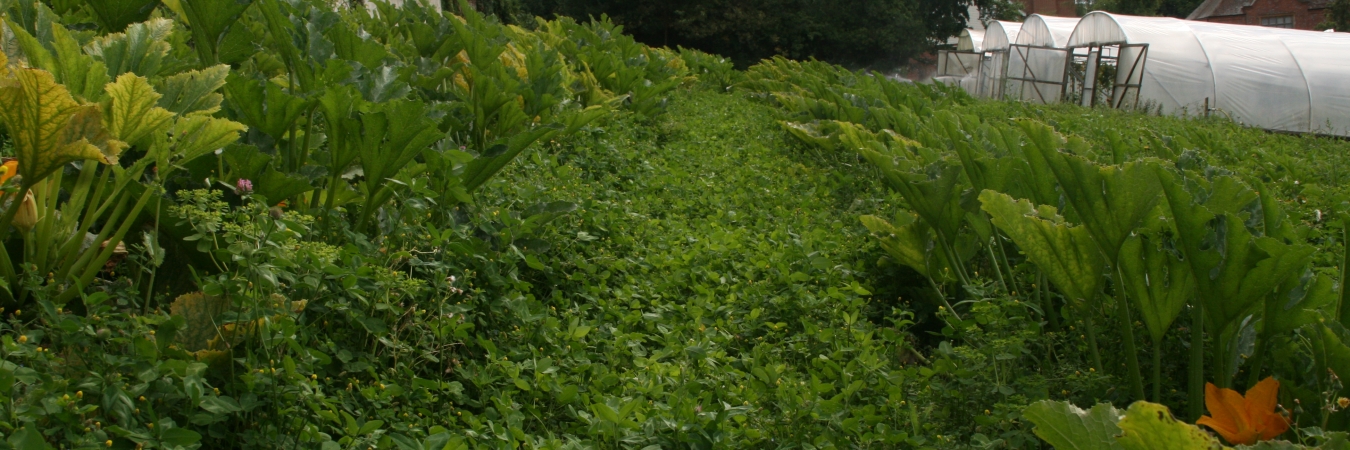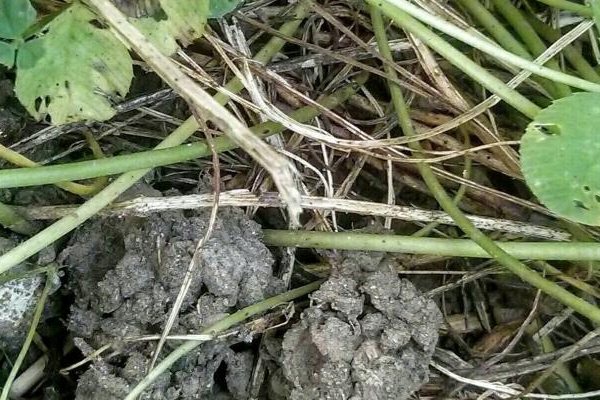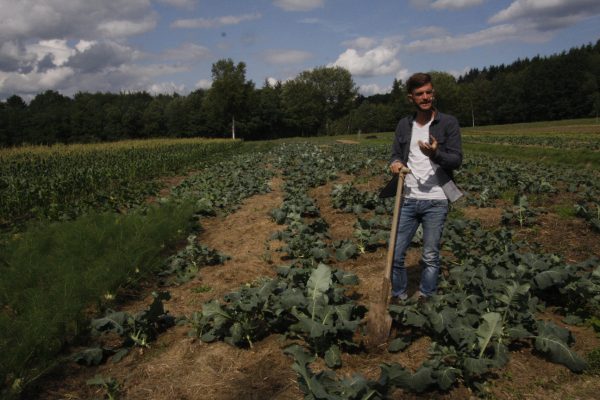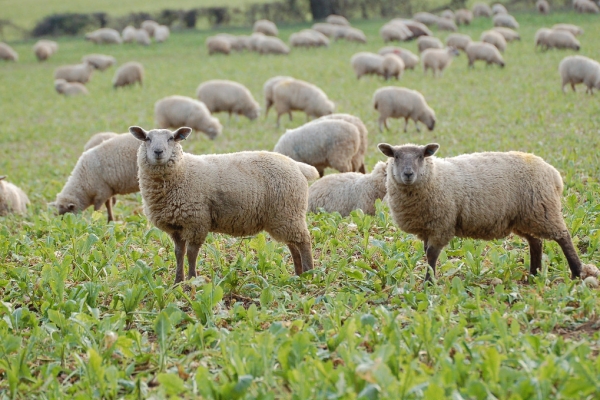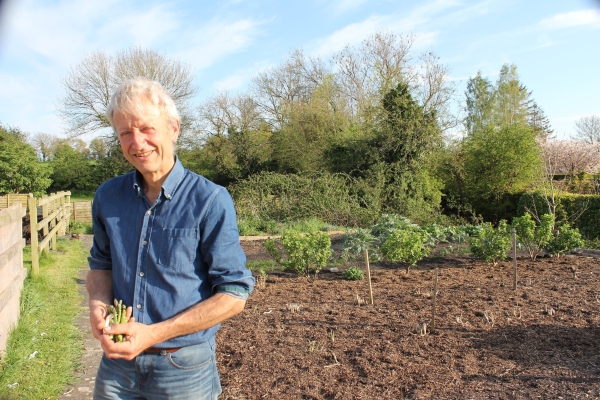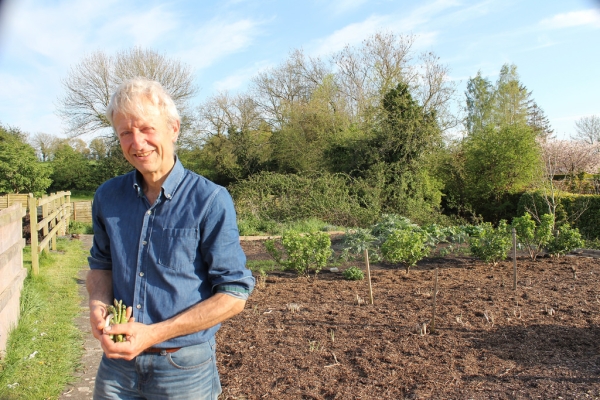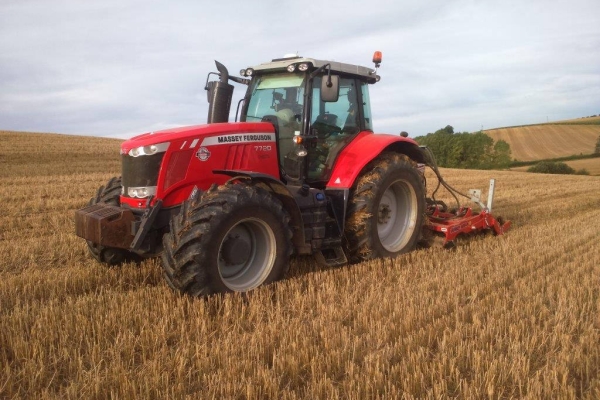No-till for growers: realising the promise of soil health in organic horticulture. Part 1 – Helping growers who want to make the change
(The Organic Grower - No 42 Spring 2018, pp. 16-20)
Resource explained
This is part one of two detailed informal articles looking at the practicalities of applying a no-till system in an organic horticultural operation and how it relates to soil health. It is specifically aimed at growers who want to make the transition to a no-till system. It focuses on smaller scale growing operations but the principles can be applied equally to larger mechanised operations. It covers the importance of not allowing grasses in beds or paths, of avoiding perennials in fertility leys, selecting diverse and annual species, ways of overcoming bare soil cover, how to avoid and control weeds, how to manage the clearing of beds, the importance of leaving roots in place, forming and flattening beds, intercropping, plant growth aids, and how to create a suitable tilth.
Findings & recommendations
- There are a number of key challenges in transitioning to a no till system such as raising a tilth for easy speedy planting, weed control, the issue of reducing land under cultivation, and making high labour operations pay.
- Success comes from rigorously applying the soil health principles of: covering soil, minimising disturbance, diversity in rotations or planting, minimal chemical usage, and keeping living root in the ground as much as possible.
